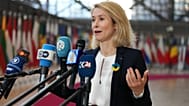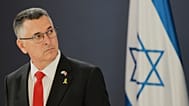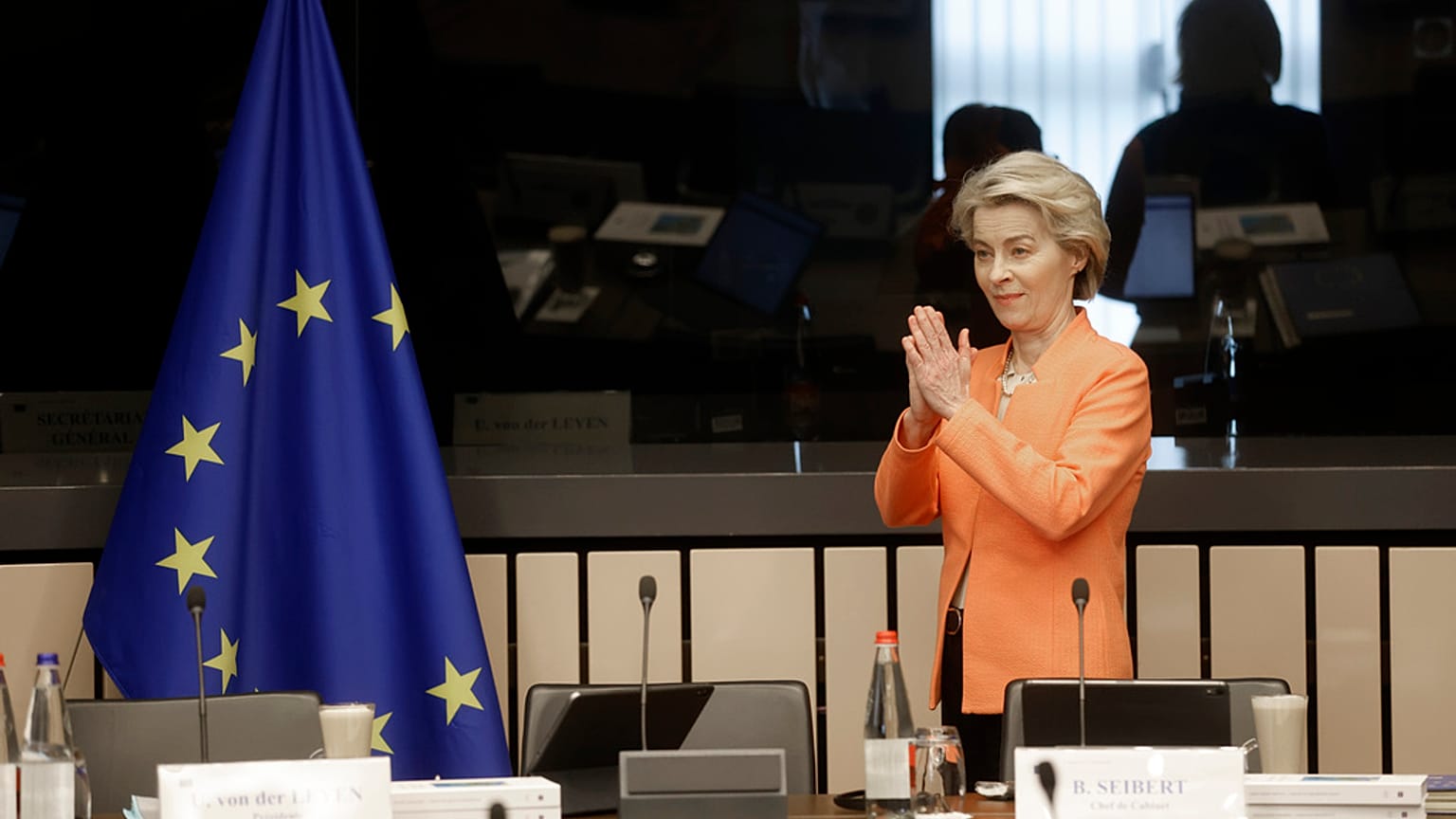With European Parliament elections coming up, the spitzenkandidatens - parties' chosen candidates for the top job - will be in the spotlight.
The European Parliament elections are to take place in June, with the results potentially reshaping the political makeup of the European Union.
 ADVERTISEMENT
ADVERTISEMENT
 ADVERTISEMENT
ADVERTISEMENT
Voters in each member state will choose their MEPs, who get to vote on an array of issues in the European Parliament, as well as holding the executive branches to account.
Which MEPs get elected also has an impact on which spitzenkandidat will end up as the new President of the European Commission - the head of the EU's executive branch.
What is a spitzenkandidat?
Spitzenkandidat is German for lead candidate, and in an EU context refers to a European political party's lead candidate for the European Commission president.
These parties are groupings on a European level, comprised of politically similar parties from different nations.
The parties choose a candidate to be the face of their party, and the potential future European Commission president.
How does the spitzenkandidat system work?
Once the parliament elections have been held, the European party which is able to command a majority governing coalition would likely see its spitzenkandidat become the Commission President.
The European Council proposes a candidate for the Presidency, "taking into account the elections to the European Parliament" and under the expectation that the candidate put forward by the party which wins the most seats will be "first to be considered".
The European Parliament then votes on the candidate, requiring a majority for them to be confirmed as Commission President.
If the candiate does not obtain the required majority, the European Council proposes a new candidate within one month, to be elected by the same procedure.
Which spitzenkandidat is the favourite?
The current President of the European Commission, Ursula von der Leyen, announced in February her wish to run for her second term. She is expected to be formally endorsed as the centre-right European People's Party (EPP) spitzenkandidat at the group's conference in early March. The EPP is the biggest group in the hemicycle and is projected to remain so after the ballot.
In February, the European Left elected Austrian Walter Baier as their spitzenkandidat.
The Greens have already picked Terry Reintke and Bas Eickhout as their leaders for the elections while the Social Democrats are expected to anoint Nicolas Schmit, the current European Commissioner for Employment and Social Rights, for the role.














